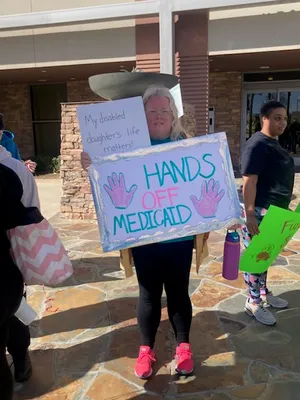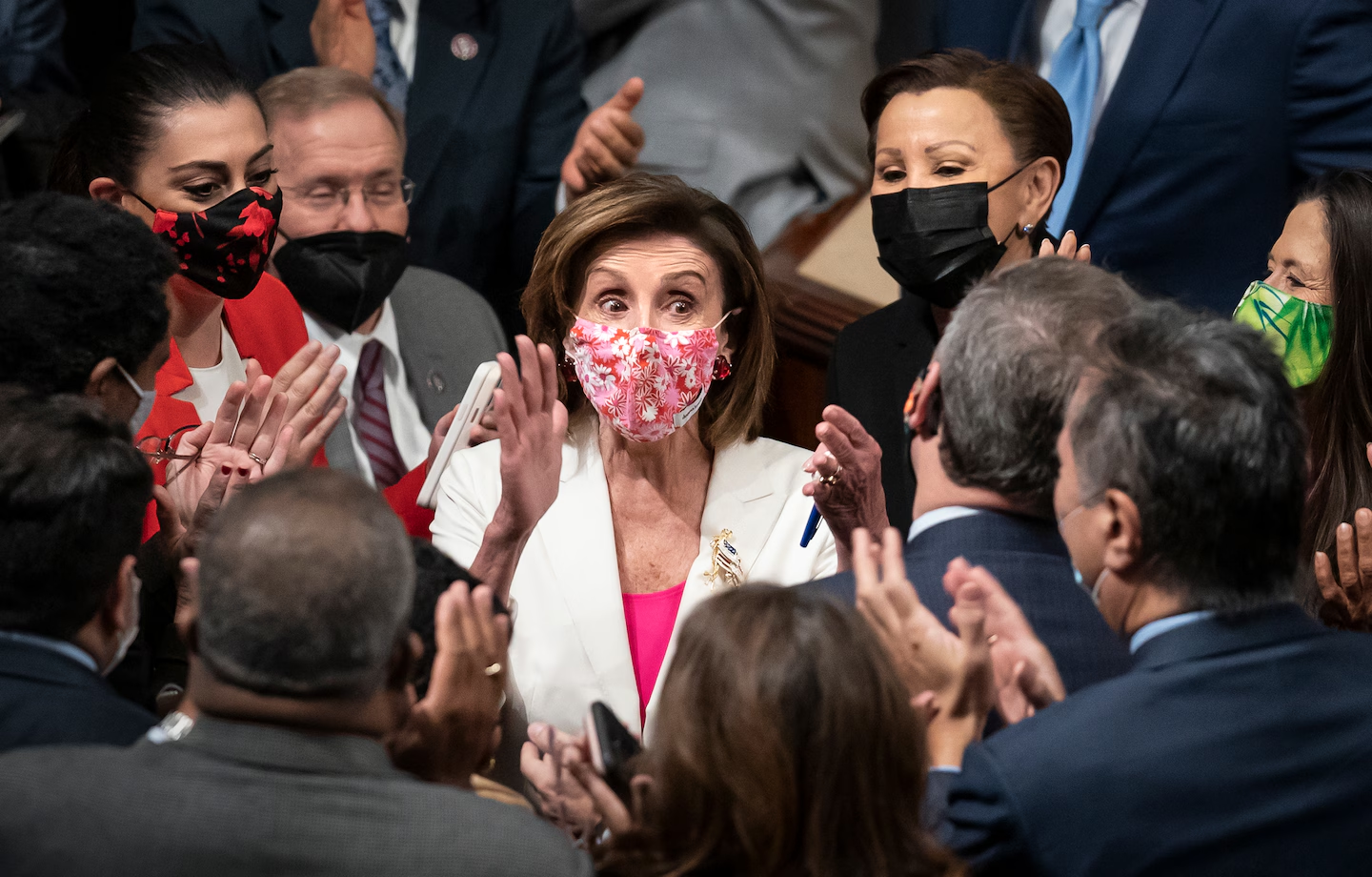Health Care Cuts Will Push Millions into Crisis
Senator Mark Warner (D-Va.) has laid bare the catastrophic consequences of President Trump’s recently passed megabill, which threatens to strip healthcare coverage from 16 million Americans. This isn’t just a political maneuver; it’s a direct attack on the health of our communities. As reported by NPR, this bill could revert the uninsured rate back to pre-ObamaCare levels, pushing millions into the emergency rooms—where care is often more expensive and less effective.
Warner emphasizes that cuts to Medicaid and the ObamaCare marketplace will not only impact those who rely on these programs directly but will also lead to increased costs for everyone with traditional health insurance. The financial burden of untreated illnesses will ultimately shift back onto the insured population, exacerbating an already broken healthcare system.
Food Assistance Cuts Show Utter Indifference to Vulnerable Populations
Alongside these devastating healthcare cuts, the bill proposes a staggering reduction in food assistance, affecting hundreds of thousands in Virginia alone. Warner’s statement about the cruel reality of cutting school lunches and food bank support highlights a grim truth: the lives of the vulnerable are being sacrificed for the benefit of the wealthy. According to The New York Times, the GOP’s priorities are clear; they are prioritizing tax breaks for the elite at the expense of basic human needs.

How did Medi-Cal start? Here"s a look at the California program
Environmental Justice on the Chopping Block
This bill also poses a significant threat to the future of clean energy jobs and sustainability initiatives. As Warner pointed out, the proposed legislation could unravel the progress we’ve made towards cleaner energy solutions. The incorporation of subsidies for fossil fuels, particularly coal, directly undermines efforts to combat climate change and protect our environment. The implications are dire; communities already bearing the brunt of environmental degradation will face even greater risks.
Healthcare and Environmental Policies Are Interconnected
The intersection of healthcare and environmental justice cannot be ignored. A study published on the relationship between Medicaid expansion and emergency department visits found that states that opted for expansion saw a decrease in emergency visits, thus reducing the overall burden on hospitals and healthcare costs. This is critical evidence that demonstrates how access to healthcare is intertwined with community well-being and environmental health. As the proposed cuts threaten to reverse these gains, we must ask ourselves: who benefits from this recklessness?
Social Justice Demands Accountability from Lawmakers
Warner’s assertion that this bill will serve as a political albatross for Republicans is rooted in a broader call for accountability. It’s not just about political gain; it’s about lives at stake. The bill"s potential to add $4 trillion to the national debt while stripping essential services from those who need them most raises ethical questions about the priorities of our lawmakers. We must hold them accountable for the damage they inflict on our communities, especially those who are already marginalized.
Public Outcry Against Injustice
Protests against the GOP megabill are intensifying, with activists and community organizers rallying to voice their dissent. The growing movement highlights a crucial point: the public will not stand for policies that harm the most vulnerable among us. The urgency of these actions reflects a collective awareness that social justice and environmental sustainability are inextricably linked. The time for complacency is over; we must demand policies that lift up all communities, not just the privileged few.

Health funding is on the line on Capitol Hill - The Washington Post



![[Video] Gunfire between Iraqi security forces and Sadr militias in Baghdad](/_next/image?url=%2Fapi%2Fimage%2Fthumbnails%2Fthumbnail-1768343508874-4redb-thumbnail.jpg&w=3840&q=75)
